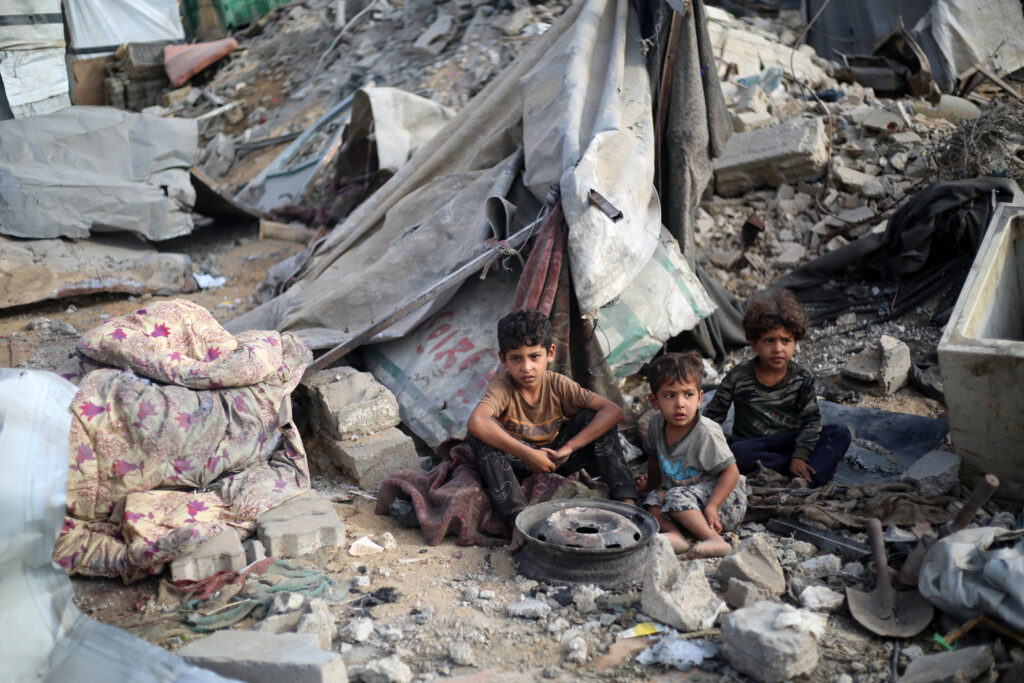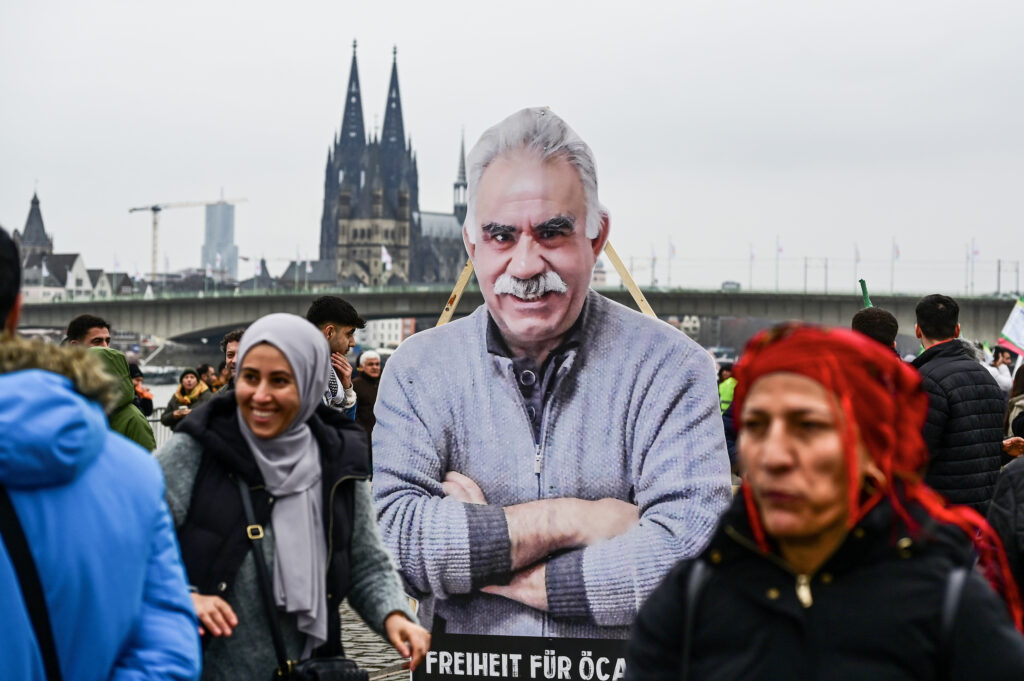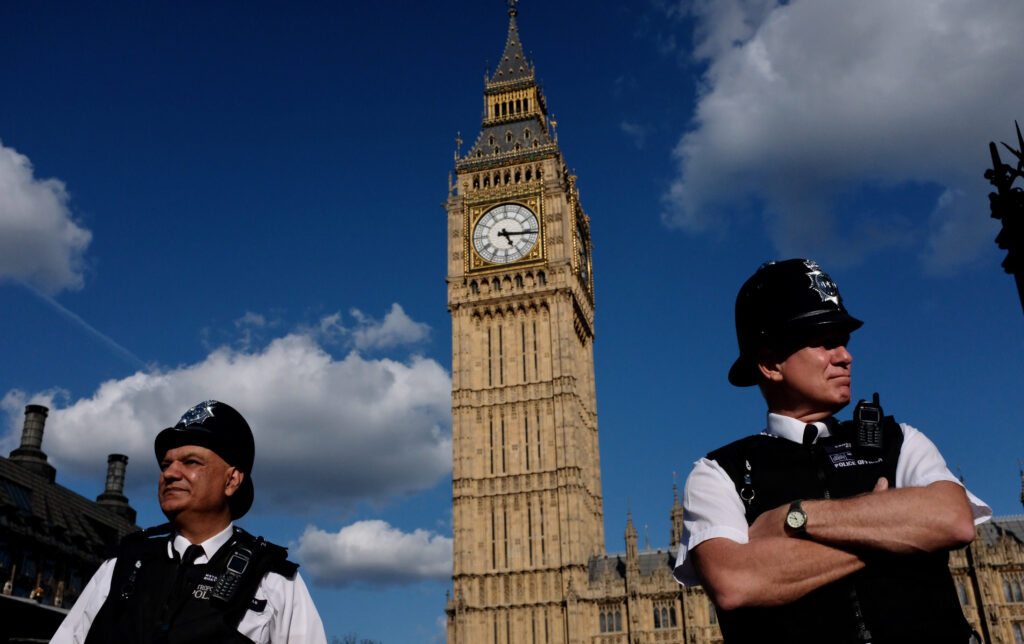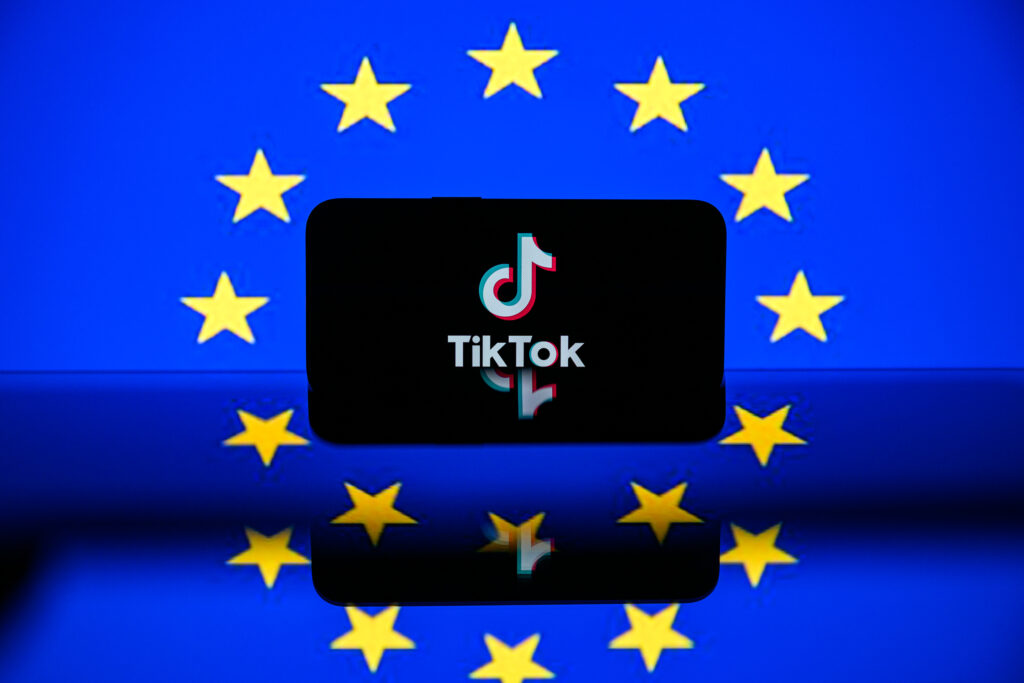Hamas says Israeli troops sticking point in truce talks as Gaza pounded
Hamas on Thursday said it opposes any ceasefire deal that includes a large Israeli military presence in Gaza, after offering to release some hostages and as the civil defence agency reported scores killed across the Palestinian territory.The Islamist militant group said late Wednesday that it had agreed to release 10 people seized in its October 7, 2023 attack on Israel that sparked the war.Both sides have been holding indirect talks in Qatar since Sunday to agree a temporary truce and the United States says it is hopeful that a 60-day halt can be secured in the coming days.But Hamas said disagreements over the free flow of aid into Gaza and Israel’s military withdrawal were sticking points, as were its demands for “real guarantees” for a lasting peace.Senior Hamas official Bassem Naim told AFP on Thursday: “We cannot accept the perpetuation of the occupation of our land and the surrender of our people to isolated enclaves under the control of the occupation army (Israel).”This is what the negotiating delegation is presenting to the occupation so far in the current round of negotiations in Doha.”Hamas was particularly opposed to Israeli control over Rafah, on the border with Egypt, and the so-called Morag Corridor between the southern city and Khan Yunis, he added.Israel announced earlier this year that the army was seizing large areas in Gaza and incorporating them into buffer zones cleared of their inhabitants.Naim also said the group wanted an end to the current delivery of aid by a US- and Israel-backed group, a system which has seen scores killed while seeking handouts. On Thursday, eight children were among 17 killed in an Israeli strike outside a medical clinic in Deir el-Balah in central Gaza, the civil defence agency said.Rabih Torbay, the head of US medical charity Project Hope, which runs the facility, called it “a blatant violation of humanitarian law, and a stark reminder that no one and no place is safe in Gaza, even as ceasefire talks continue”.Hamas called it “an atrocious crime”.Israel’s military said it had struck a Hamas militant in the city who had infiltrated Israel during the 2023 attack and that it “regrets any harm to uninvolved individuals”.- Unanswered questions -Hamas has given no timeline for the release of hostages or indications about the return of the bodies of nine detainees that Israel says have died in captivity.Its announcement came as Israel’s Prime Minister Benjamin Netanyahu wrapped up a visit to Washington, which included a meeting between Israeli, US and Qatari representatives.That meeting on Tuesday “aimed to progress the negotiations and support the ongoing talks in Doha”, an official with knowledge of the discussions told AFP.Qatar, with fellow mediators the United States and Egypt, has brokered back-and-forth talks for a truce since the earliest days of the war but indirect talks have failed to bring about a durable end to hostilities.Netanyahu, under pressure at home to end the war as military casualties increase, has been uncompromising in his bid to crush Hamas and neutralise it as a security threat to Israel.But after two high-profile meetings with Donald Trump, he indicated that a temporary truce deal could be on the horizon, echoing the US president’s own optimism that a deal can be struck soon.- Blood and screams -In Gaza itself, there was no let-up in casualties on Thursday, with the civil defence agency reporting at least 52 people killed in Israeli strikes and shooting.In Deir el-Balah, Yousef Al-Aydi, said those in the queue for nutritional supplements heard a drone approaching, then an explosion.”The ground shook beneath our feet and everything around us turned into blood and deafening screams,” he added.Overall, the health ministry in Hamas-run Gaza said at least 57,762 Palestinians, most of them civilians, have been killed since the start of the conflict.Hamas’s attacks on border communities in Israel that sparked the war led to the deaths of 1,219 people, most of them civilians, according to an AFP tally based on Israeli figures.A total of 251 hostages were seized in the attack. Forty-nine are still being held in Gaza, including 27 the Israeli military says are dead.





